Definition Of Climate Change And Culture
Climate change is one of the most pressing global issues of our time, affecting people and communities around the world. It has significant impacts on the environment, economies, and human well-being, particularly in developing countries such as Pakistan. This paper aims to provide an overview of the effects of climate change on the culture and traditions of Pakistan, as well as the cultural and traditional practices that contribute to the problem.
Impact of Climate Change on Culture and Traditions in Pakistan
Pakistan is one of the countries most affected by climate change, and its impact on the country’s cultural and traditional practices has been significant. The changing climate patterns are affecting the traditional livelihoods of people, including agriculture, fishing, and livestock rearing, leading to food insecurity and poverty. This, in turn, is causing a shift in cultural practices and traditions, as people are forced to adapt to the changing circumstances.
For example, the traditional way of life of the fishing communities along the Indus River delta has been severely impacted by the changing climate. The delta, which once provided a rich source of fish, is now being affected by rising sea levels, increased salinity, and reduced river flow, leading to a decline in fish stocks and a decrease in the traditional fishing practices. This has had a profound impact on the local communities and their traditional livelihoods, leading to food insecurity and poverty.
Similarly, the changing climate is affecting the traditional agriculture practices in Pakistan, with prolonged droughts and erratic rainfall patterns leading to crop failures and reduced yields. This has put a strain on the rural communities, who rely on agriculture as their primary source of income and food. The changing climate is also affecting the livestock sector, with increased heat stress and reduced access to pasture lands leading to a decline in herd sizes and increased mortality rates.
Cultural and Traditional Practices Contributing to Climate Change in Pakistan
While climate change is affecting the cultural and traditional practices in Pakistan, it is also being exacerbated by cultural and traditional practices that contribute to the problem. For example, the widespread use of fuelwood and biomass for cooking and heating is a significant contributor to greenhouse gas emissions in the country. The burning of fuelwood releases carbon dioxide into the atmosphere, contributing to global warming and climate change.
Similarly, deforestation, particularly in the northern regions of Pakistan, is another cultural and traditional practice that is contributing to the problem. The traditional practice of clearing forests for agricultural land and pasture has led to widespread deforestation, which has had significant impacts on the environment, including soil erosion, reduced water availability, and increased carbon emissions. Deforestation also contributes to the loss of biodiversity and traditional medicinal plant species, which are essential for maintaining the cultural and traditional practices of the local communities.
The Role of Government and NGOs in Mitigating Climate Change Impacts in Pakistan
The role of the government and non-governmental organizations (NGOs) in mitigating the impacts of climate change in Pakistan is crucial. The government has a responsibility to create policies and regulations to mitigate the impacts of climate change, and to provide support to communities that are affected by the changing climate. Additionally, the government can provide funding and resources to help communities adapt to the changing circumstances.
NGOs play an important role in raising awareness about climate change and its impacts, as well as providing support to communities that are affected. This can include providing technical assistance and training to help communities adapt to the changing climate, as well as providing financial support to help them implement sustainable practices. Additionally, NGOs can work to engage with the government and other stakeholders to help create policies and regulations to mitigate the impacts of climate change.
The Importance of Education and Awareness Raising in Addressing Climate Change in Pakistan
Education and awareness raising are crucial for addressing climate change in Pakistan. The lack of awareness about the causes and impacts of climate change can lead to a lack of action to mitigate its effects. It is therefore important to educate the public and raise awareness about the issue, particularly among communities that are most affected by the changing climate.
Education about the causes and impacts of climate change can help to change attitudes and behaviors, leading to a reduction in the practices that contribute to the problem. This can include promoting the use of renewable energy sources, reducing deforestation, and promoting sustainable agriculture practices. Additionally, education can help to empower communities to take action to adapt to the changing climate, by providing them with the knowledge and skills they need to do so.
Traditional Knowledge and Practices as a Resource in Adapting to Climate Change in Pakistan
Traditional knowledge and practices can be a valuable resource in adapting to climate change in Pakistan. Traditional practices, such as the use of indigenous plant species for medicinal purposes, can provide a valuable source of information and knowledge about the changing climate and its impacts. This knowledge can be used to develop new strategies and practices to adapt to the changing climate, such as the development of drought-resistant crops and the use of traditional water management practices to mitigate the impacts of drought.
Additionally, traditional cultural practices and beliefs can play a role in motivating communities to take action to mitigate the impacts of climate change. For example, traditional beliefs about the importance of preserving the environment can provide a powerful motivator for communities to reduce their greenhouse gas emissions and to adopt sustainable practices.
The Way Forward: Mitigating Climate Change Impacts and Preserving Cultural Traditions in Pakistan
To mitigate the impacts of climate change and preserve cultural traditions in Pakistan, a multi-faceted approach is needed. This can include the following steps:
Promoting the use of renewable energy sources and reducing the use of fossil fuels.
Encouraging the preservation of forests and other natural habitats to reduce deforestation and its impacts on the environment.
Promoting sustainable agriculture practices and reducing the use of harmful chemicals and pesticides.
Supporting the development of community-based adaptation strategies that are informed by traditional knowledge and practices.
Providing education and awareness-raising to help communities understand the impacts of climate change and the steps they can take to mitigate its effects.
Engaging with government and NGOs to help create policies and regulations to mitigate the impacts of climate change and support communities in their efforts to adapt.
By taking these steps, we can help to mitigate the impacts of climate change and preserve the cultural and traditional practices of Pakistan, while also promoting sustainable development and improving the well-being of communities across the country.
Conclusion
In conclusion, climate change is having a profound impact on the cultural and traditional practices of Pakistan, affecting the livelihoods of people and communities across the country. However, cultural and traditional practices, such as the widespread use of fuelwood and deforestation, are also contributing to the problem.
It is essential that steps are taken to address both the impact of climate change on cultural and traditional practices and the cultural and traditional practices that contribute to the problem. This can be achieved through the promotion of sustainable practices, such as the use of renewable energy sources and the preservation of traditional cultural practices and medicinal plant species.
By addressing these issues, we can help to protect the cultural and traditional practices of Pakistan, while also helping to mitigate the impacts of climate change on the country and the world.

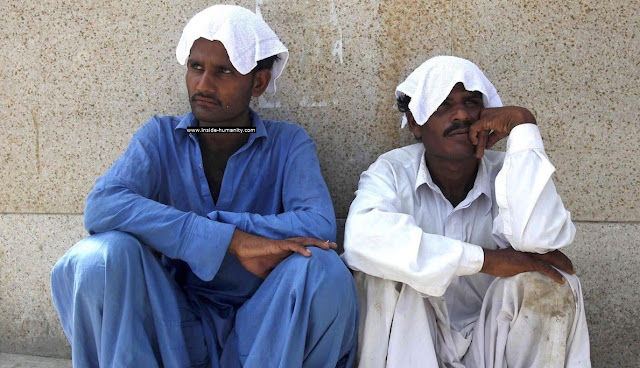
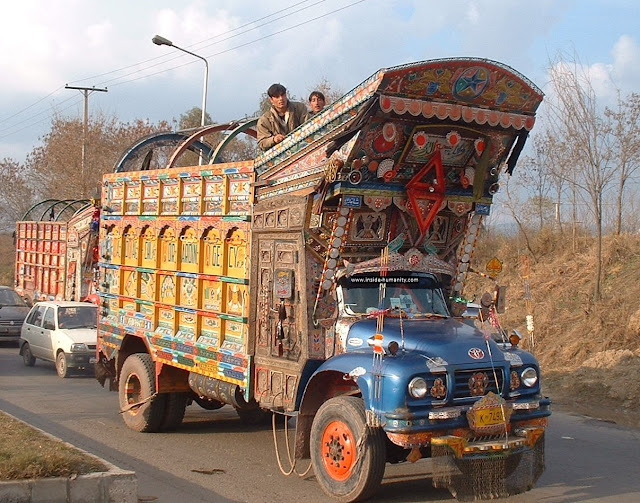
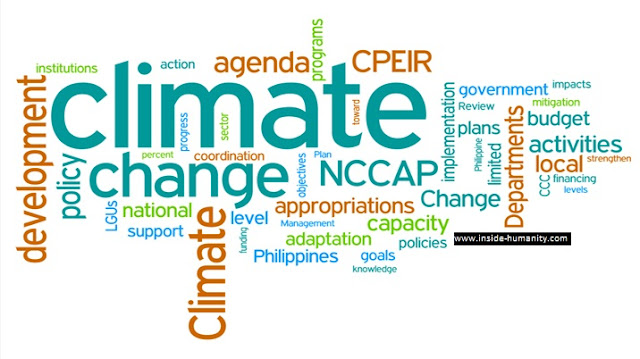
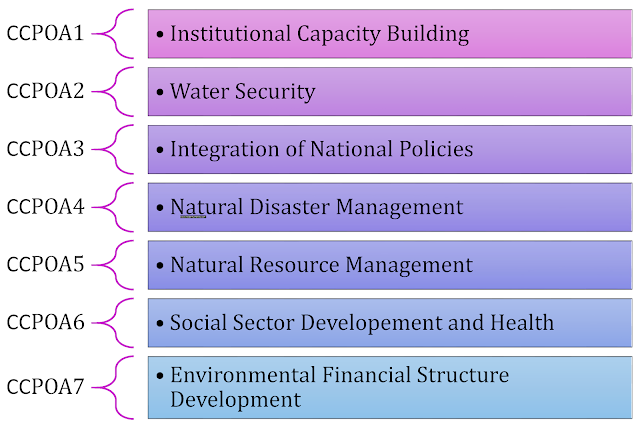
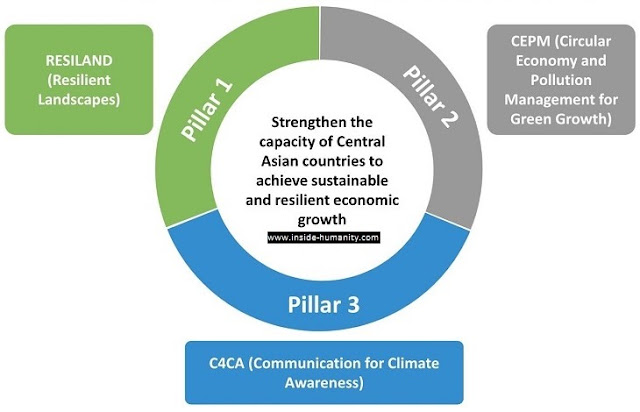


0 Comments
Thank you. We'll reply you shortly.